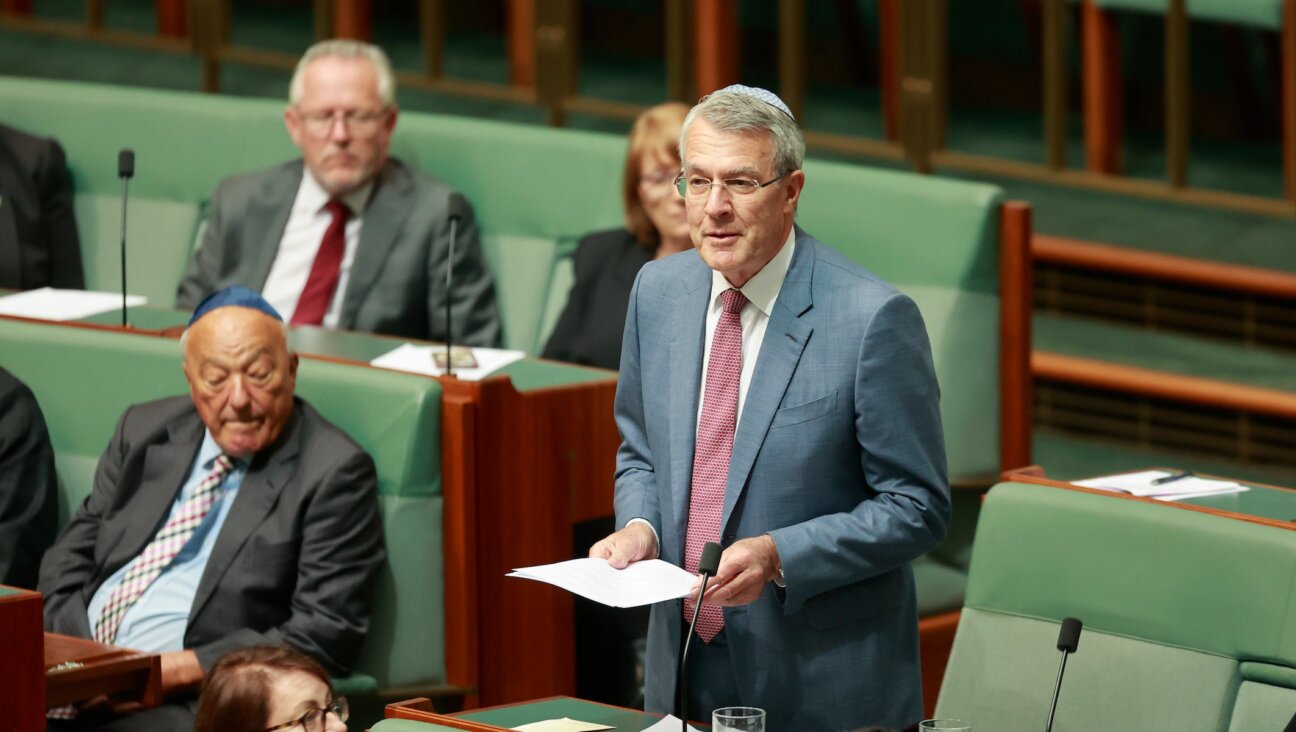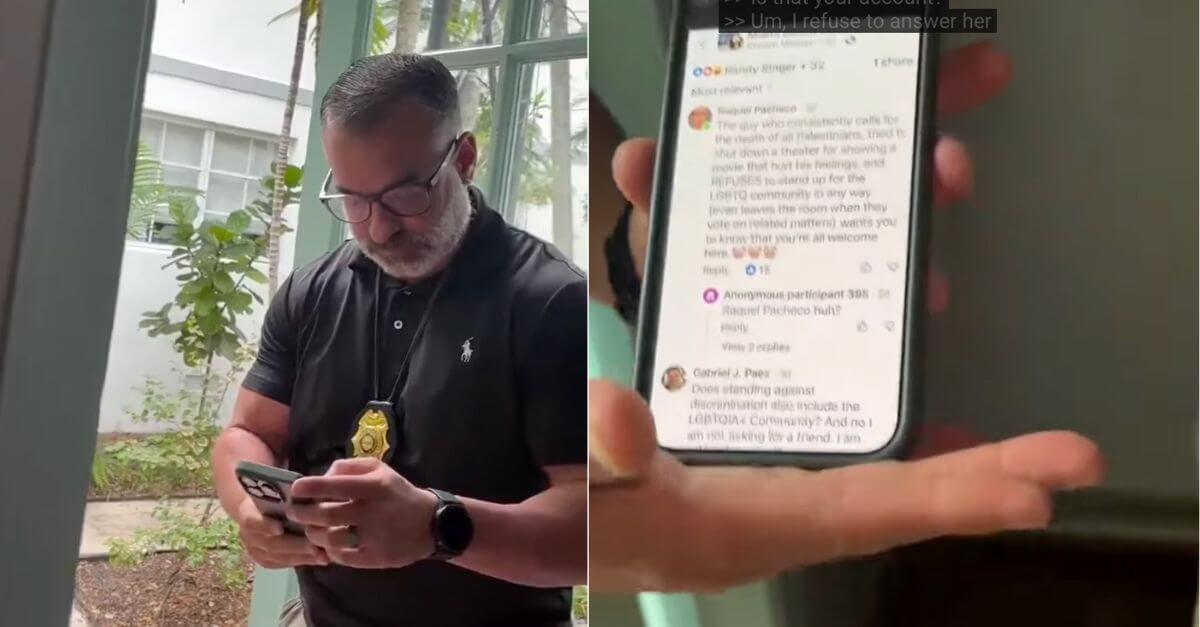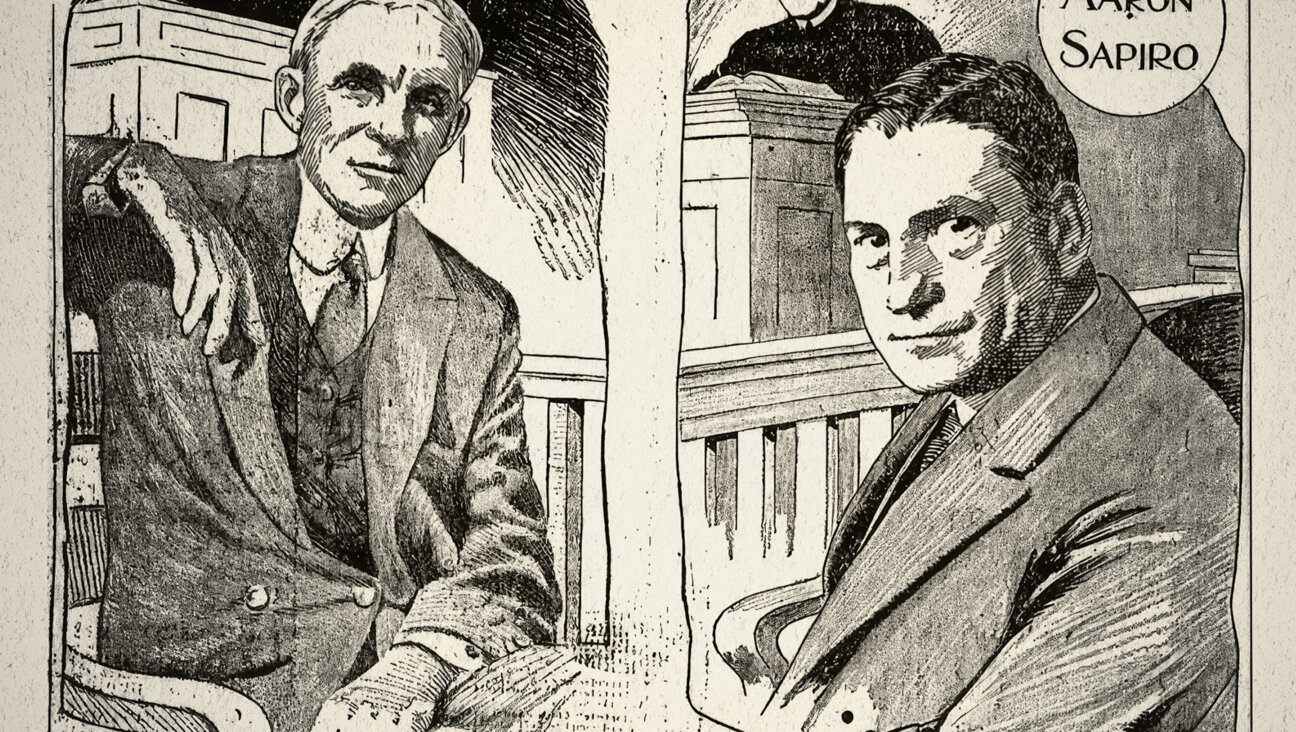Argentina Won’t Release Bombing Talks Info

Justice and Memory: Candles burn at a memorial to the 85 victims of the 1992 terror bombing of a Jewish center in Buenos Aires, Argentina. Image by getty images
Argentina’s Foreign Ministry rejected a request from the Jewish community and survivors of the AMIA Jewish center bombing for information about current negotiations with Iran over the case.
The ministry’s attorney, Agustin Medrano, said late last week in refusing the request made through the judiciary that “as a process of diplomatic negotiations between States, the parties have agreed to maintain reserve of their content during negotiations.”
Dr. Alberto Nisman, who since 2005 has served as the general prosecutor in the AMIA case, had asked the Foreign Ministry to disclose information on the negotiations held two weeks ago between Argentina and Iran.
Aldo Donzis, president of DAIA, the Jewish political umbrella, told JTA that it was unusual that the ministry would not respond to a request made by the prosecutor on behalf of the victims and their families.
The request to Nisman for information came through Miguel Bronfman, representing the AMIA Jewish center and the DAIA Jewish umbrella.
On Oct. 31, Argentinian Foreign Minister Hector Timerman, who is Jewish, said there had been three days of “very positive” negotiations between Argentina and Iran.
Nisman requested details about any advances and results from the negotiations. The negotiations are scheduled to continue later this month, though no exact date has been provided.
The prosecutor asked for details about the results, the advances and the reasons that Timerman qualified the negotiations as “very positive.” The negotiations are secret and no details were provided.
The AMIA Jewish center was bombed on July 18, 1994, in an attack that killed 85 and injured hundreds.
AMIA was the second terrorist attack in Buenos Aires on a Jewish institution: On March 17, 1992, a car bomb destroyed Israel’s embassy, killing 29 and injured 242.
Iran is believed to be behind both bombings. No one has been convicted in the attacks.














